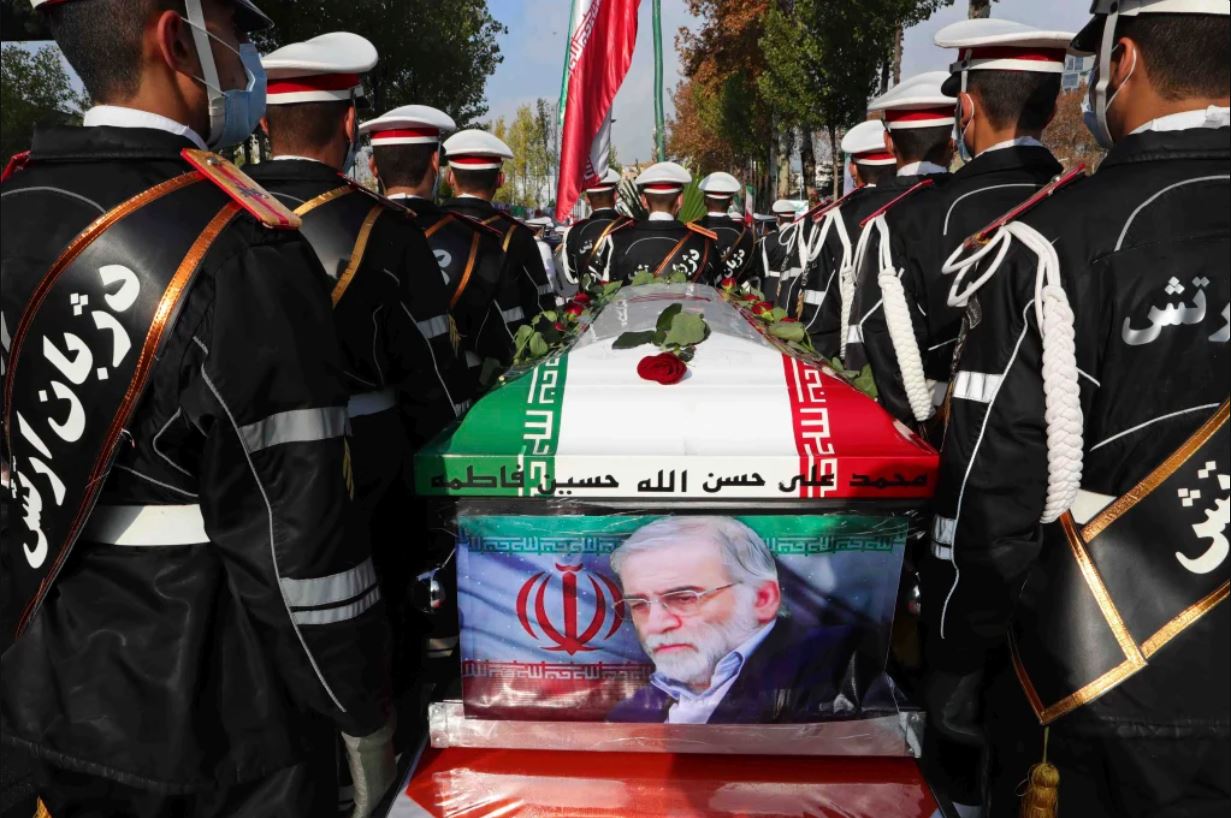US President-elect Joe Biden has signalled that he won’t simply reverse Donald Trump’s decision to withdraw from the Iran nuclear deal and stated that the United States would rejoin the agreement if Iran returned to strict compliance with it.
Once that happened, the US would again take up the Joint Comprehensive Plan of Action as a starting point for follow-on negotiations, Biden said in a carefully caveated statement.
After Trump pulled out of the JCPOA in 2018, without any alternative arrangement in place, Tehran resumed uranium enrichment in 2019. The breakout time to build a nuclear bomb has since shrunk from 12 months while the JCPOA was in force, to somewhere between three and four months. The US withdrawal from the agreement generated dismay among America’s allies and partners, and rising tensions between Tehran and Washington have made further diplomacy difficult to envisage.
The JCPOA, as it was negotiated in 2015, is flawed because it won’t stop Iran from getting nuclear weapons in the longer term. That deal will reach a sunset stage from 2026 to 2031 as constraints on Iran’s nuclear ambitions are progressively lifted. Iran could fully comply with the agreement between now and 2031 but exploit the easing constraints to make a quick breakout to nuclear weapons by the late 2020s. Tehran’s 2019 decision to reverse compliance with JCPOA constraints on uranium enrichment highlights that Iran can quickly move to resume uranium enrichment when it chooses to.
Read the article by Malcolm Davis in The Strategist.

